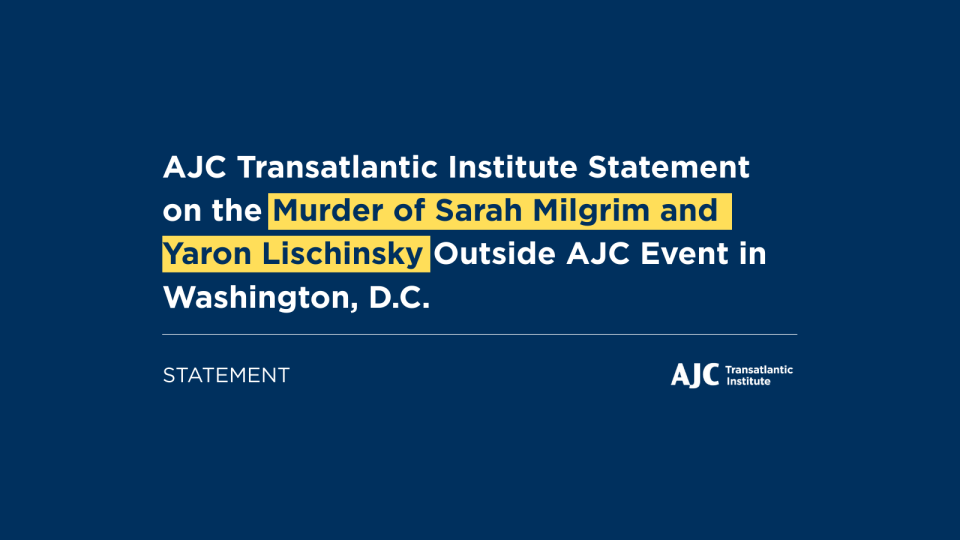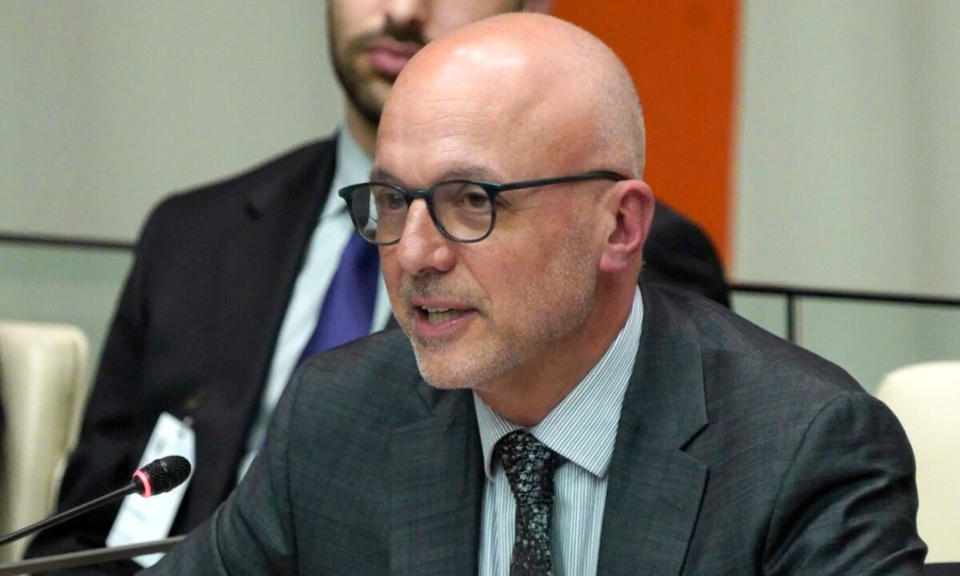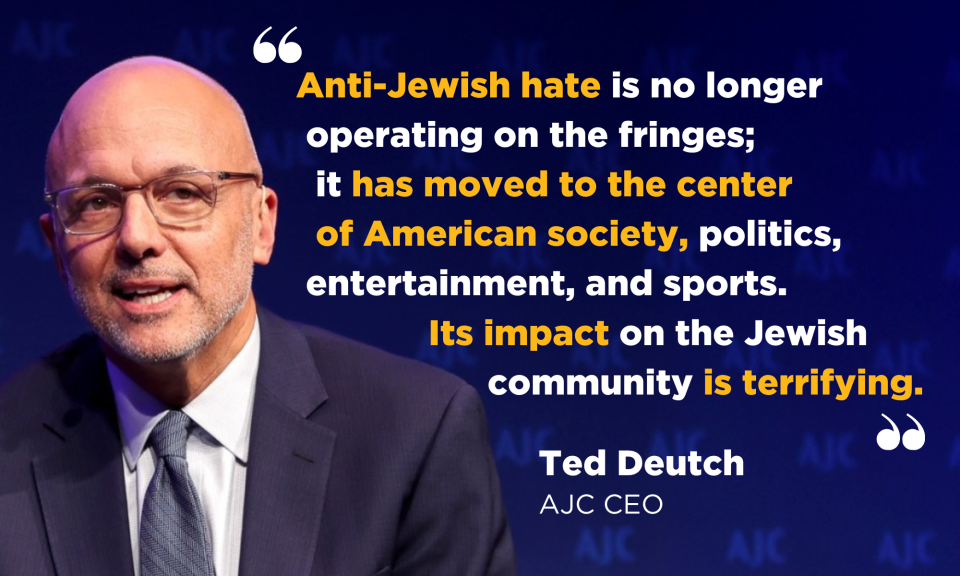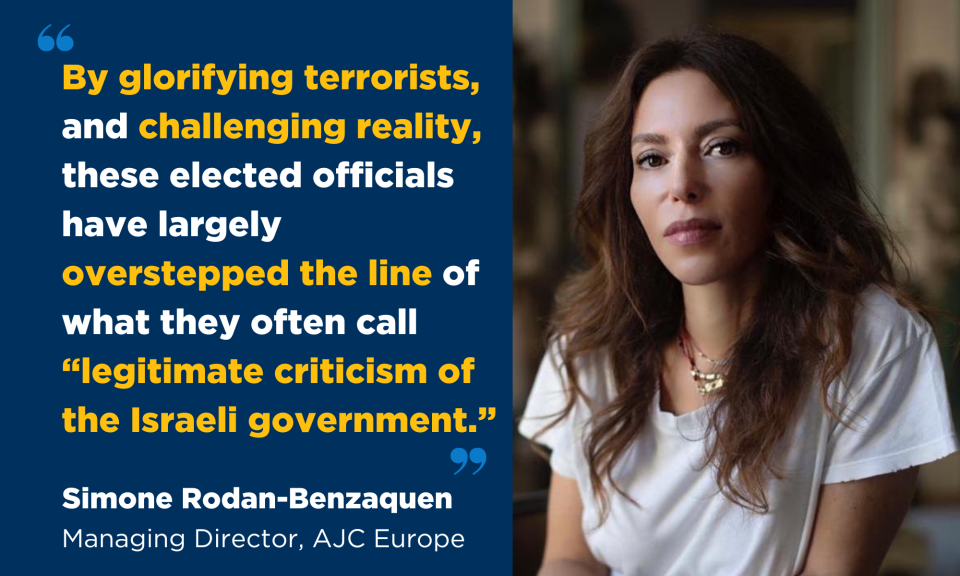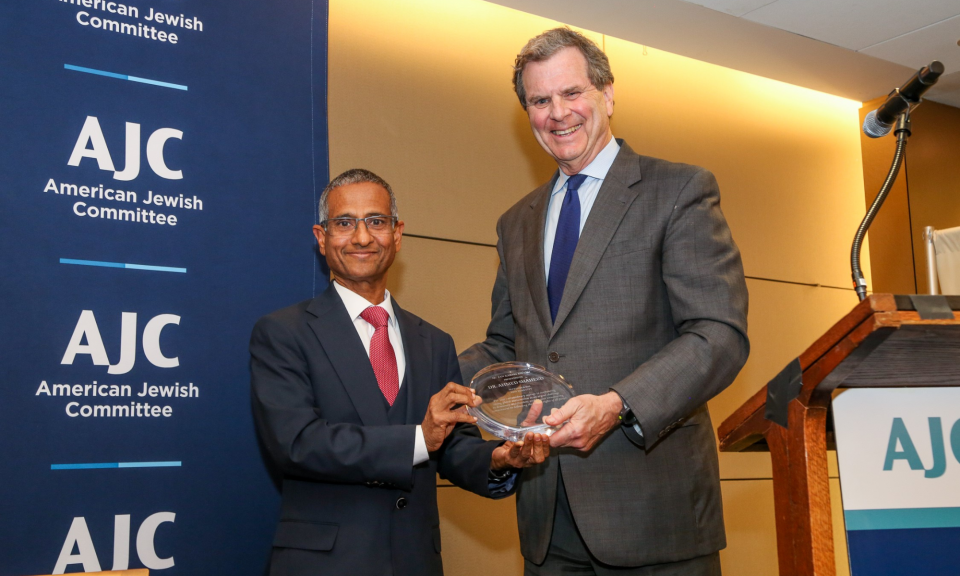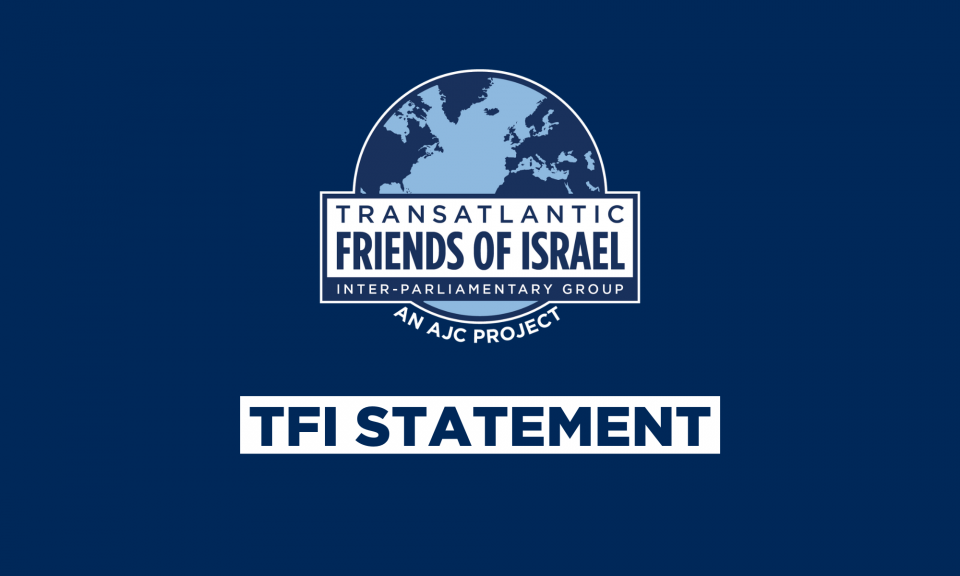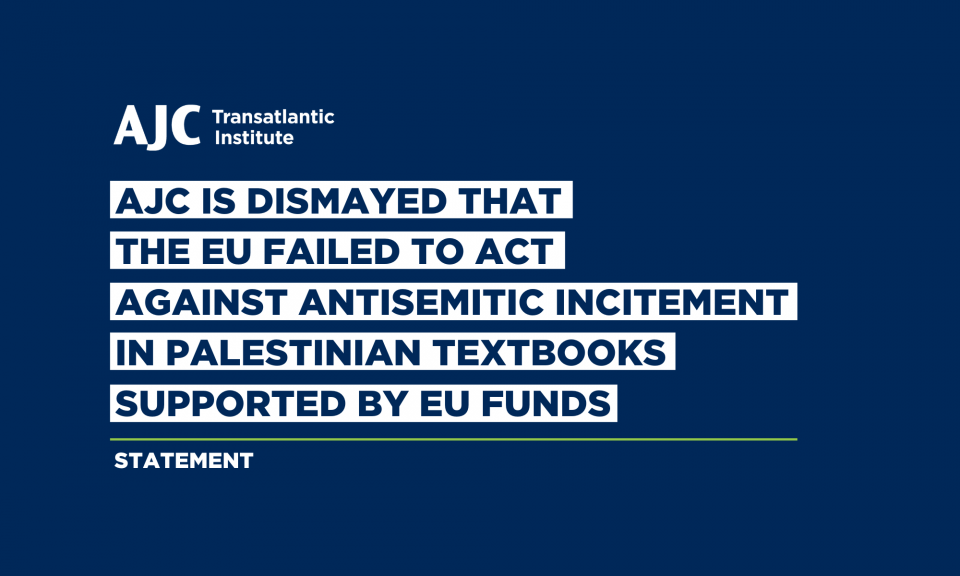Analysis
Normalization of Holocaust Parallels In COVID Era
Normalization of Holocaust parallels in COVID era
December 26, 2021
Kenneth Bandler
The misuse of Holocaust terminology and images has attained disturbing acceptance and respectability during the gravest global public health crisis in a century.
“We did Nazi this coming” stated signs nurses held in upstate New York protesting a mandate that healthcare workers be inoculated. Across the country syringes forming Nazi swastikas have appeared online and on signage.
Many opposed to wearing masks, getting vaccines and other measures to prevent the spread of the deadly virus have willfully accepted and are promoting a narrative that such steps are akin to what the Nazi regime did in Germany. Without any regard for historical truths, some elected officials, candidates for political office, and media personalities have been amplifying Holocaust equivalences.
“In this context, we are all Jews,” Washington state representative Jim Walsh wrote after wearing a yellow Star of David.
One local TV news station showed several women cutting yellow construction paper into Stars of David for people gathering to protest. Some demonstrators have donned yellow starts with the words “Jude” (“Jew”) or “Unvaccinated” imprinted on them in Alaska, Kansas, Missouri and Washington.
Some have evoked notorious Nazis, further diminishing the singularity of Nazi Germany’s genocide against the Jews and totally misusing historical analogies.
FOX News host Lara Logan said people were telling her that Dr. Anthony Fauci “represents Dr. Josef Mengele, the Nazi doctor who did experiments on Jews during the Second World War and in the concentration camps.”
“We have Josef Mengele and Joseph Goebbels being reincarnated in the state of Maine,” asserted state representative Heidi Sampson, who opposed the governor’s vaccine mandate for healthcare workers.
Governors in other states, notably Connecticut, Idaho, Michigan, Oregon and Washington, have been called Hitler by politicians and public protesters.
All these Holocaust distortions grab attention but are wildly inappropriate. The English language is abundant with words and phrases to make coherent arguments without exploiting the Holocaust for unrelated advocacy.
Are those invoking Nazi-era images and terms ignorant of history, or are they aware and believe what they are doing is acceptable?
“The Holocaust analogy has been used when you want to excoriate somebody,” says Rabbi Andrew Baker, American Jewish Committee director of international Jewish affairs.
Preserving memory of the Holocaust and its victims is sacrosanct to historical integrity and to the Jewish people. The perspective that distorting or denying the Holocaust is antisemitic has been endorsed by the International Holocaust Remembrance Alliance, whose member states adopted in 2016 the working definition of antisemitism and, earlier, in 2013, the working definition of Holocaust denial and distortion.
Calling out the shameful abuse of the Holocaust for political advocacy should be as immediately instinctive as are responses to incidents of antisemitism or bigotry against black, Asian or Muslim Americans.
But few political leaders have recognized how inappropriate these comparisons are and condemned them as offensive. One exception is Chicago Mayor Lori Lightfoot, who slammed the head of the city’s police union for comparing the vaccine mandate for city employees to Nazi Germany.
Herschel Walker, a candidate for the US Senate from Georgia, canceled a fund-raiser in Texas after the event host’s Twitter profile featured an illustration of syringes in the shape of a swastika.
“I apologize for using a profound image in a way that was inappropriate and offensive to so many people. It was wrong. It won’t happen ever again,” said Rep. Walsh after donning a yellow Star of David at a political event.
Rep. Marjorie Taylor Greene apologized, after visiting the US Holocaust Memorial Museum following her criticism of Speaker of the House Nancy Pelosi’s mandate for House members to wear masks. The Georgia congresswoman had claimed the directive was reminiscent of “a time in history where people were told to wear a gold star, and they were definitely treated like second-class citizens – so much so that they were put in trains and taken to gas chambers in Nazi Germany.”
Still, Greene soon reverted to Holocaust comparisons, speaking about “medical brownshirts” going door-to-door to get Americans vaccinated.
The terms “Nazi vaccines” and “needle Nazis” have been echoed by Rep. Lauren Boebert of Colorado.
Fauci, in the absence of any comment by FOX News, was prompted to sharply criticize both Logan and the network for her outrageous, slanderous comments about him.
In December 2018, US Holocaust Museum and Memorial historian Edna Friedberg warned that “American politicians from across the ideological spectrum, influential media figures, and ordinary people on social media casually use Holocaust terminology to bash anyone or any policy with which they disagree.”
There have been Holocaust abuse incidents in American political discourse in recent years, for example, when the term “concentration camps” was used to criticize the conditions of migrants gathered on America’s southern border.
But the regularity of the abuse of Holocaust terms and images since the coronavirus crisis began suggests a normalization that must be roundly and unequivocally condemned.
It is imperative that responsible political, media, business and civil society leaders agree that utilizing Holocaust terms is off limits, and speak out clearly when such misguided, willfully outrageous assertions are communicated.
